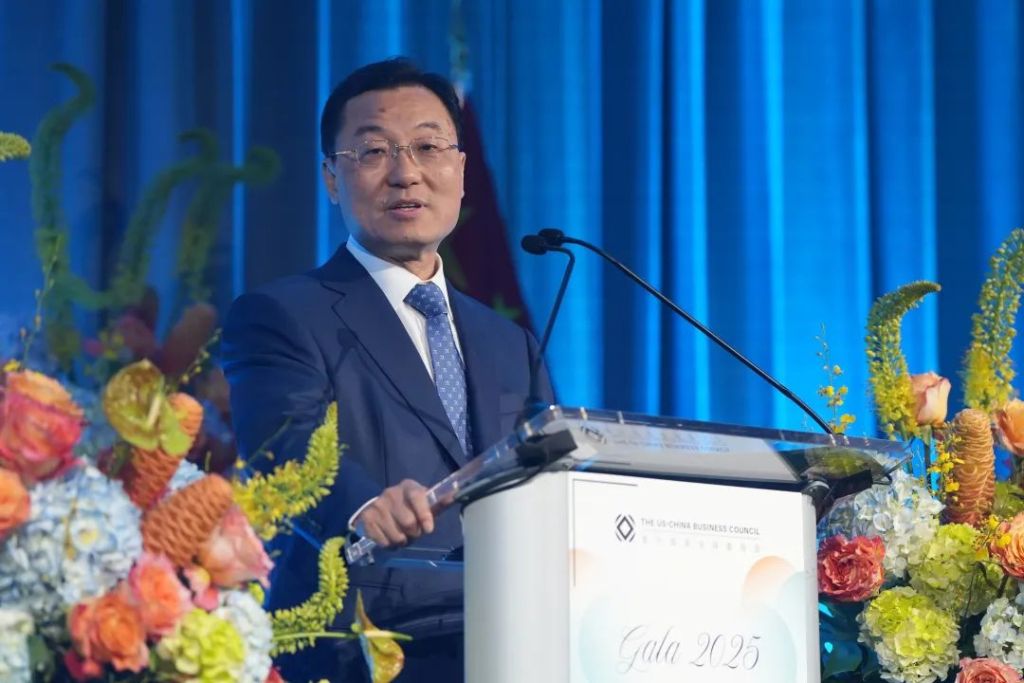
Tranalysis
On June 18, 2025, Chinese Ambassador to the United States, Xie Feng, was invited to attend the 2025 annual celebration dinner of the U.S.-China Business Council and delivered a speech.

Xie Feng pointed out that mutual benefit and win-win cooperation is the main thread and essence of the development of China-US economic and trade cooperation from small to large, and both countries and the world are beneficiaries. The foundation of doing business is mutual exchange and mutual consent. If one party suffers losses and the other gains advantages, how can it last for such a long time and achieve such rapid growth? China is the second largest source of imports for the United States, and high-quality and low-priced Chinese goods have enriched the shelves of the United States, reduced inflation in the United States, and brought tangible benefits to the American people; China is also the third largest export market for the United States, with soybeans, cotton, and integrated circuits exported by the United States to China accounting for about 50%, 30%, and 17% of the United States' foreign exports, respectively, and coal, petroleum gas, and medical devices each accounting for 10%, directly supporting more than 860,000 jobs in the United States; China is also the largest source of the United States' service trade surplus, with a surplus of more than $27 billion last year alone. In addition, the annual sales of American companies in China are more than $400 billion more than those of Chinese companies in the United States. An Apple phone is sold for about $1,000 in the United States, and the added value left in China is less than 2%, which makes it clear that the United States has made substantial profits in trade with China.
Xie Feng emphasized that China-U.S. economic and trade cooperation is a two-way choice of complementary advantages, not a zero-sum game where one side loses and the other wins. The trade deficit does not equate to suffering losses. One cannot focus solely on goods trade without mentioning the huge surplus in service trade, ignore the substantial sales interests of American companies in China, not account for the significant environmental and resource costs paid by China, nor mention how the Chinese people save on their expenses and use a large part of their trade earnings to purchase a huge amount of U.S. Treasury bonds. When considering the bigger picture, the benefits of China-U.S. economic and trade exchanges are roughly balanced, and \selective statistics\ do not hold up.
Xie Feng said that China never deliberately pursues a trade surplus, and the foreign trade dependency has been reduced from over 60% at the beginning of this century to about 30%. The surplus of the current account as a percentage of GDP has also been reduced from nearly 10% in 2007 to about 2%. China is willing to import more American goods, but the U.S. side strictly restricts the export of semiconductors and other advantageous products, and also closes the door to Chinese enterprises, buyers, tourists, and students who are willing to invest and consume in the U.S. If you don't sell what I want to buy, how can soybeans and beef alone solve the trade deficit?





